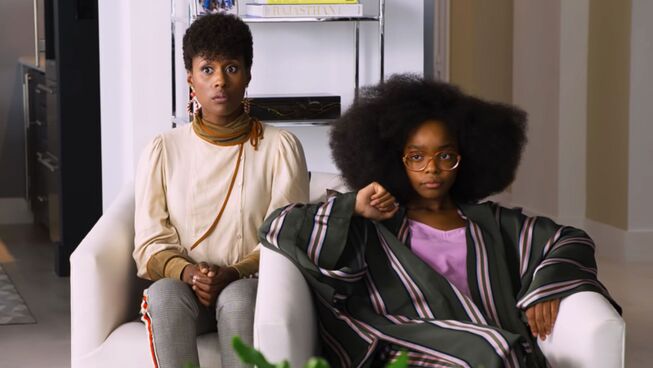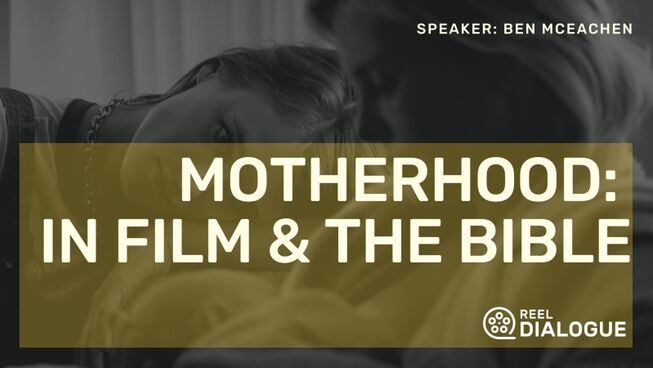
Short Take: A film industry term that means a short bit of recording or “something that only takes a short time."
Reel Dialogue’s Short Take review: A short review of a film with potential discussion points
Summary: In the tradition of Freaky Friday and Big, writer and director Tina Gordon (Peeples) brings audiences the story of Jordan Sanders' (Regina Hall) need for redemption. A high powered tech mogul and a tyrannical boss who is magically transported back to her teenaged alter-ego (played brilliantly by Marsai Martin) as a means of finding out how to treat the people in her life better. She is assisted through this process by the only person she can trust through this vulnerable situation, April (Issa Rae). This brow-beaten, but patient personal assistant must cover for Jordan at the office, while her boss must endure the nightmare of middle school. Both women must work to discover the lessons that come from this bizarre circumstance, which may mean they might find the answer within themselves and their friendship.
Short-take: Surprisingly this film did not go straight to Netflix, because the whole production feels like a made-for-television movie with some mature themes added in for good measure. Tina Gordon delivers a straight-forward comedy of self-discovery and personal identity that contains no real surprises. The over-the-top antics by each character proves that this film lives in an unrealistic world of workplaces, school and relationships. Each figure represents a societal caricature that reaches beyond the reality of real life.
Regina Hall’s portrayal of the vicious boss would never be able to exist in this hyper-sensitive and overly litigious world. Then to partner her character with the public school atmosphere, the quick response of the government official, the short 48-hour timeline and the disturbing aspects of the teenaged Jordan’s responses to adult men make this whole production exist in a poorly imagined world. If the audience can come to terms with these unrealistic elements, it may make the entire experience a bit more palatable.
For parents looking for a film that attempts to address bullying and the negative side of striving for dreams at all costs, there are better options than Little. (Check out Wonder) As this movie tries to deal with the issues of identity, this story struggles to know its own audience. More time is spent in the workplace atmosphere than in school which means the majority of the dialogue is suited for a mature audience. Jordan and April are attempting to find themselves, but it is unclear where they are supposed to learn these lessons. The film does have cute children cast in central roles, but most of the issues have to do with topics that will only be humorous to the adults in the theatre.
Even though Little aspires for bigger things, the reality is that this film is better suited for the small screen. Stifled by sophomoric writing, bad editing and failing to identify its target audience, this whole production quickly outgrows its welcome.
REEL DIALOGUE: Should we aspire for dreams at any cost?
Stories like Little genuinely address the issue of achieving our dreams in life. Jordan Sanders seems to think that she must reach deep within and to do something extraordinary with her life and in the process, she must roll over anyone who gets in her way.
In this world of 'believing in yourself' and 'if you believe it, you can do it,' does that mean that our lives mean any less if we don't achieve our dreams at the expense of our relationships? The Bible tells us that in Psalm 139 it states that we are fearfully and wonderfully made by God which moves our lives from ordinary to extraordinary. Not because of who we are, but because of who created us. The challenge may be to not merely believe in ourselves, but to believe in the one who is the creator of dreams. Building into that relationship with God, as opposed to sacrificing our human relations for the sake of achieving our dreams.






